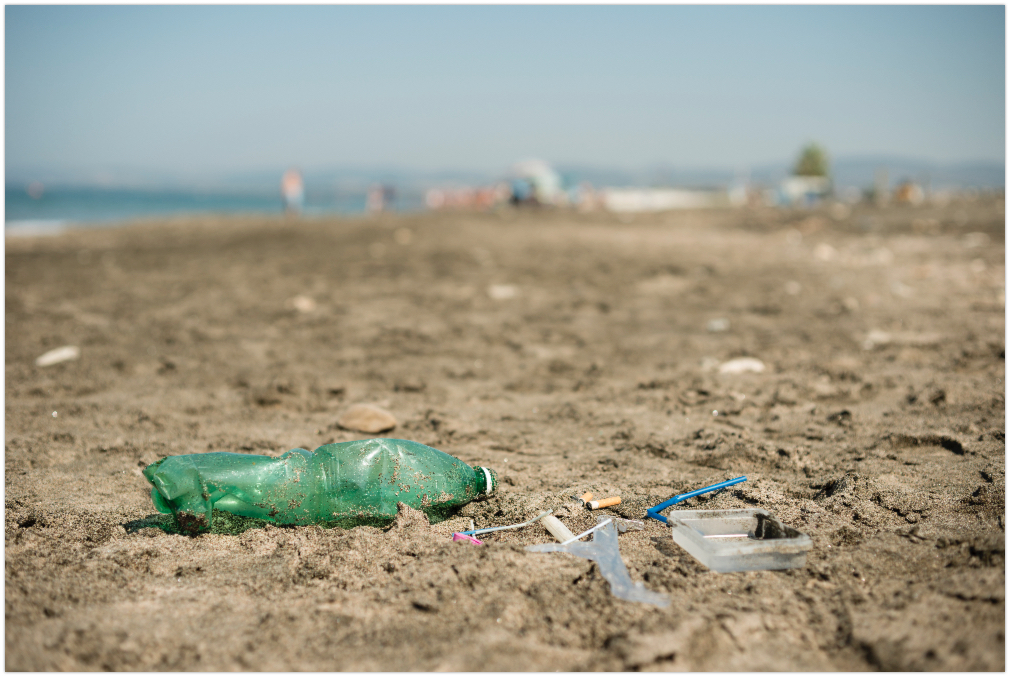Sydney’s total population is continuously increasing by the years. The rising demand for food and necessities results in a rise in the amount of waste generated in every household.
Typically, people would rely on the curbside collection to send their rubbish into landfills and dumps. However, not all of this waste gets to their final destination due to improper waste disposal practices.
Because of that, not only does improper waste disposal turn the surroundings into a filthy cesspool, but it also concerns the health of every family member. Nevertheless, there are different public health issues caused by improper waste disposal.
Chronic Diseases from Organic Waste
Among the most common public health issue are chronic diseases caused by the decomposition of organic waste. The conditions made by decaying waste allows the growth and survival of bacteria and other pathogens.
Consequently, exposure to organic waste can result in a handful of infectious and chronic diseases. Moreover, improper disposal of organic waste exposes everyone who comes in contact with them, particularly passers-by and playing kids.
Aside from food waste, the improper disposal of harmful chemicals also endangers public health, making it a critical issue.
Chemical Poisoning from Hazardous Waste
Chemicals are essential for modern life, but they also pose serious hazards when disposed of poorly. Besides, improper chemical waste disposal can release toxic substances into the environment and contaminate our natural resources.
Worse, the contaminants can get into our waterways and food, resulting in chemical poisoning. Handling hazardous waste requires proper knowledge and equipment, and negligence of the standards set by the NSW EPA could only put your lives at risk.
Infections Caused By Water Pollution
Littering has become a significant contributor to water pollution. Flooding and natural processes can wash away solid waste into municipal drainage and clog them. This problem not only results in flash floods but the stagnant puddles of water become the breeding grounds of disease-carrying mosquitoes.
Additionally, the irresponsible dumping of untreated waste in rivers and other bodies of water directly contaminates our water supply. This introduces chemicals and toxic materials in the food chain through plants and animals that feed on it.
Inadequate Segregation of Medical Waste
More than household junk, the disposal of medical and biohazardous waste requires significant attention since people can acquire infections from exposure to these materials.
Furthermore, the mixing of hazardous waste such as used syringe needles, sharps, bandages, swabs, and other objects, together with general non-infectious waste, can happen because of poor segregation and containment practices. This poor handling can result in unwanted injuries and severe infections for the waste removal staff and medical personnel.
Exposed Disposal Sites
Compost pits and curbside bins are common disposal spots for organic and household waste. These containers can expose decaying matter and plastic waste in harsh weather conditions for days, resulting in the production of leachates and methane gas.
Leachates, which are liquids that collect under curbside bins and rubbish containers, attracts insets and rodents that thrive and feed on them. So the next time you notice an exposed curbside bin, make sure to return its cover or call the council as it can bring infections such as dengue and other viral infections.
On the other hand, the risks don’t only lie on disposal areas, but also with the ones you recycle.
The Risks of Recycling
DIY projects are fun. Plus, you get to recycle your waste, thereby diverting them from landfills. However, you should know for a fact that not all items are recyclable, and a small misstep during the process can end up badly.
While recycling is a smart and practical way to help preserve the environment, it requires a bit of reading and caution before stepping into the handy-work. For example, single-use plastics contain toxic particles and slowly break down into microplastics, and working or eating around recycled single-use plastics can lead to ingestion of harmful plastic molecules.
The Solution for Proper Waste Disposal
Your rubbish will return to you the same way you throw it away. That’s why you should make sure your waste is disposed of in the most eco-friendly manner.
Besides, you can do all the hard work and lifting of the piles of junk, or choose the smart way and let Paul’s Rubbish Removal get the job done.
Paul’s Rubbish Removal is here to give you the much-wanted peace of mind. We play a huge role in preserving our environment. And by implementing bespoke methods for effective and safe rubbish disposal, we can divert as much waste from landfills as possible.
Call Paul’s Rubbish Removal in Sydney on 0407 125 125 for a cheap but reliable rubbish removal service.







